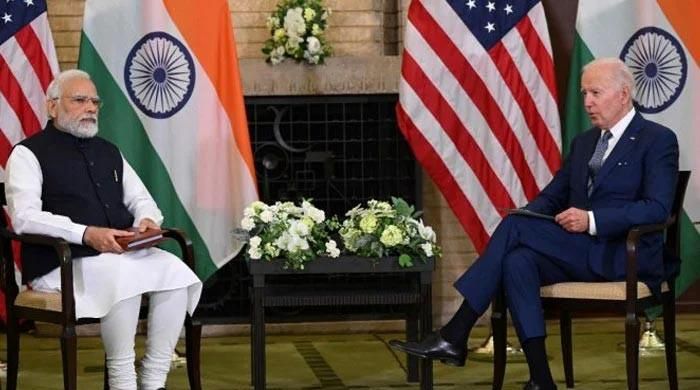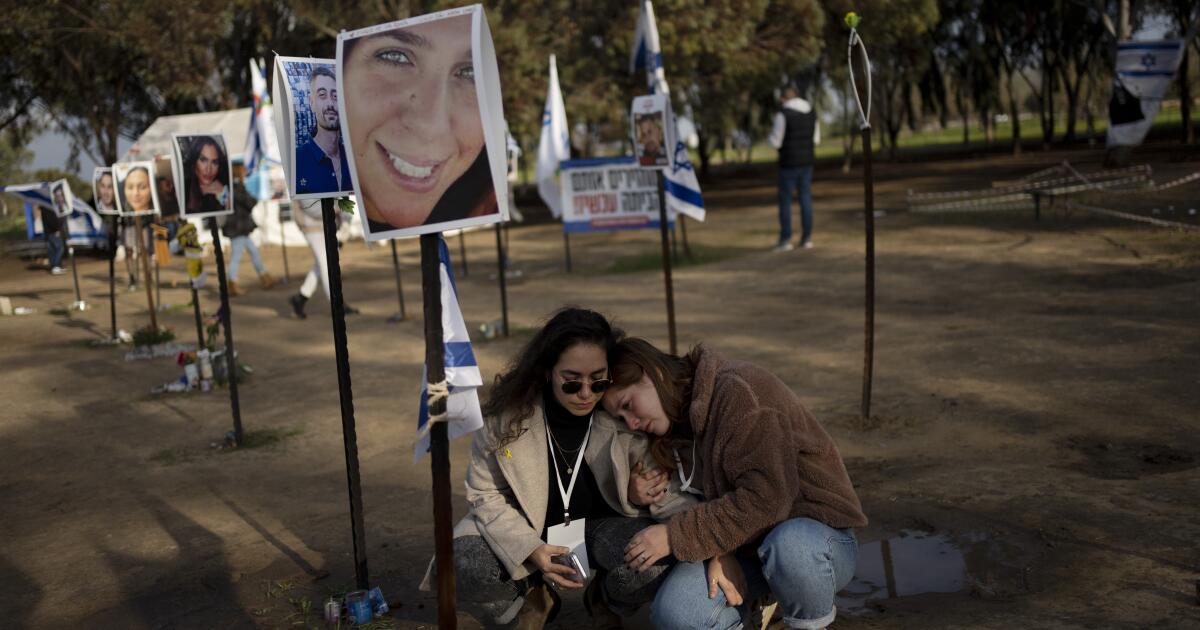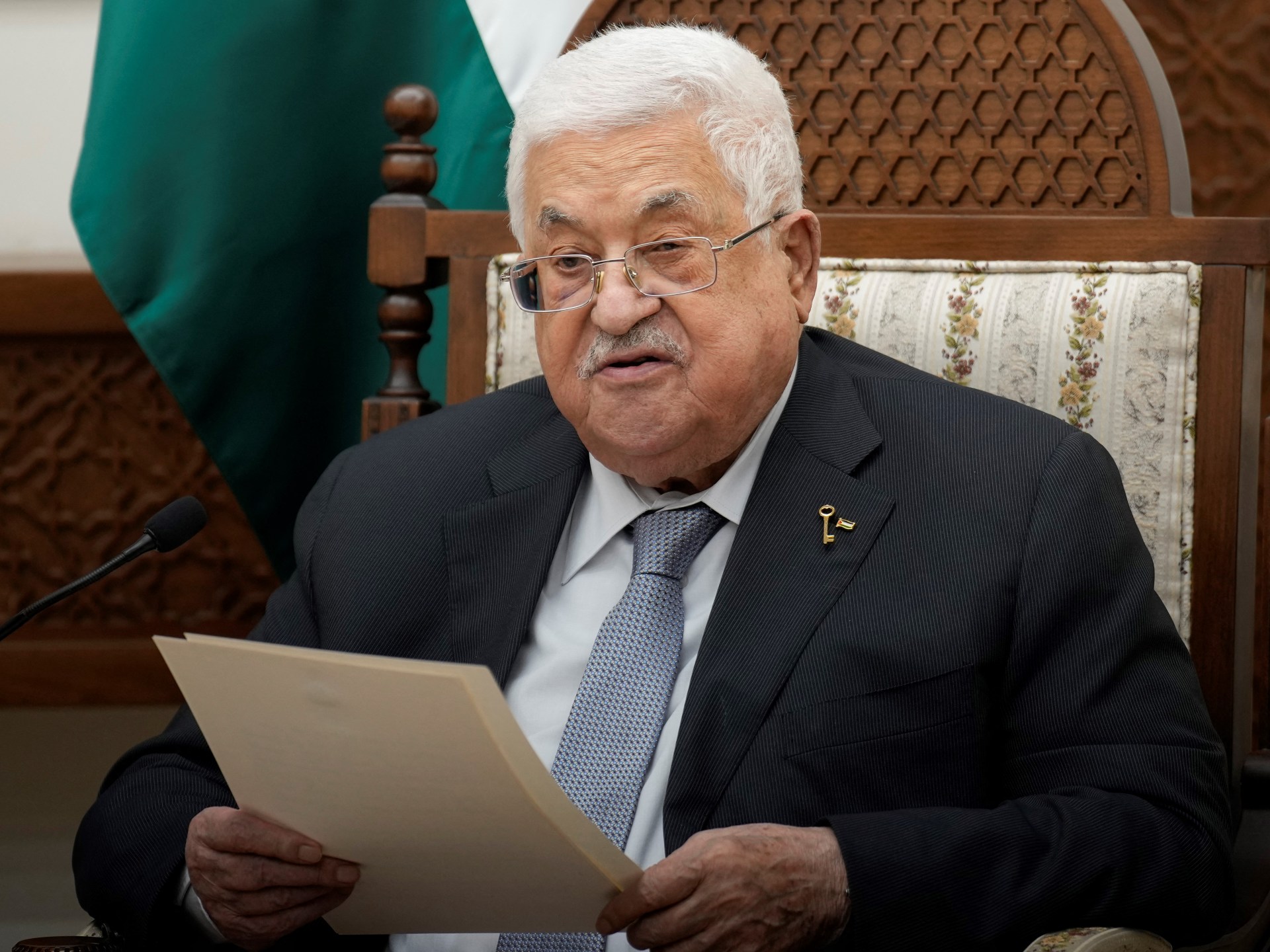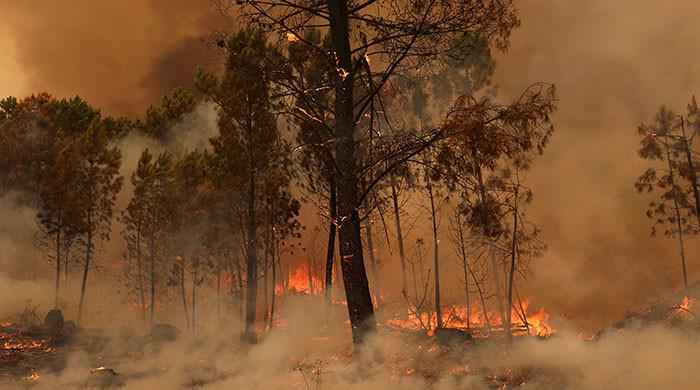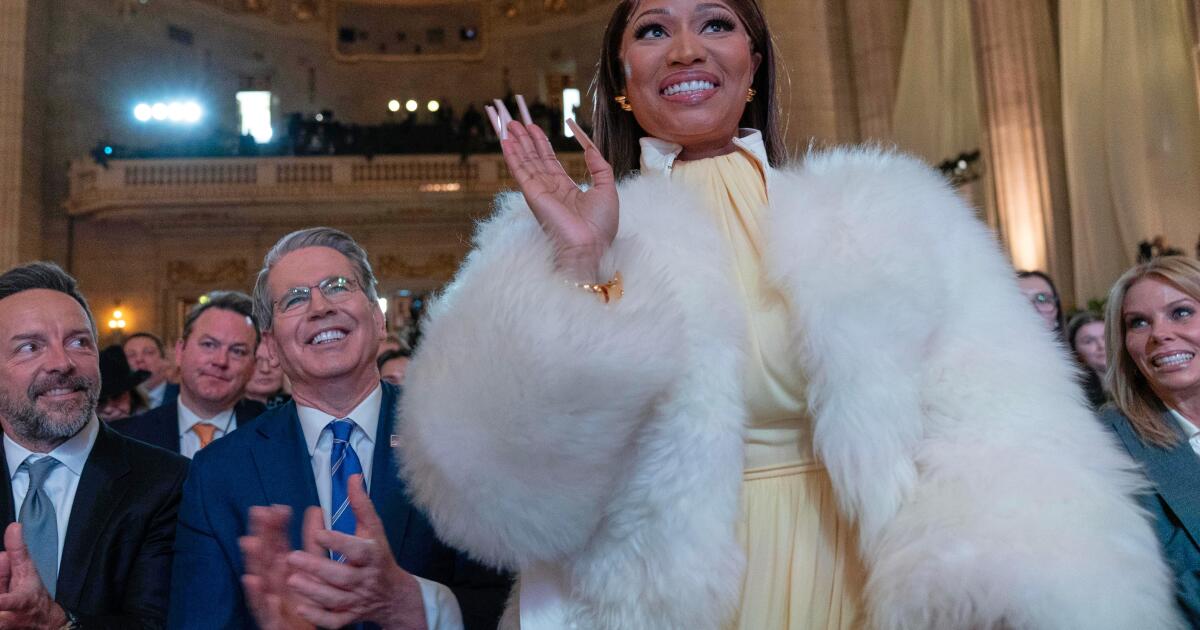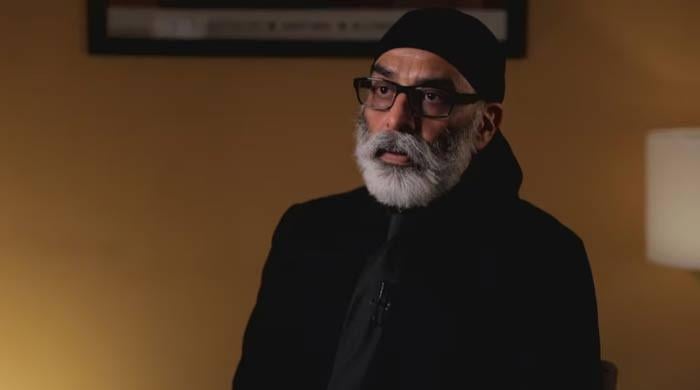- Blinken presents his annual report on religious freedom.
- The report notes a “worrying rise in anti-conversion laws” in India.
- European nations “effectively ban some forms of religious dress.”
WASHINGTON: The United States offered rare criticism of close partner India in a report released Wednesday on religious freedom, while expressing alarm over growing intolerance around the world against Jews and Muslims.
Secretary of State Antony Blinken released the annual report, saying the United States was also facing its own sharp rise in both anti-Semitism and Islamophobia in connection with the Gaza war.
“In India, we are seeing a worrying rise in anti-conversion laws, hate speech, and demolitions of homes and places of worship of members of minority religious communities,” Blinken said.
The US special ambassador for international religious freedom, Rashad Hussain, criticized the efforts of the Indian police.
In India, “Christian communities reported that local police assisted mobs who disrupted worship services over accusations of conversion activities, or stood by while mobs attacked them and then arrested victims on charges of conversion,” said.
For decades, the United States has sought warmer ties with India, viewing the democracy as a bulwark against China, and President Joe Biden embraced Prime Minister Narendra Modi, a Hindu nationalist who recently won a third term.
Despite the public criticism contained in the report, few expect the State Department to take action against India when it compiles its annual blacklist of countries for religious freedom later this year.
Blinken also noted that hate crimes against Muslims and Jews in the United States “have increased dramatically.”
He also singled out EU member Hungary, led by nationalist Viktor Orban, saying that “officials continue to use anti-Semitic tropes and anti-Muslim rhetoric and penalize members of religious groups who criticize the government.”
He said nine other European nations “effectively ban some forms of religious dress in public spaces.”
He did not name countries, although France has been at the forefront of restricting full-face veils worn by some Muslim women.

